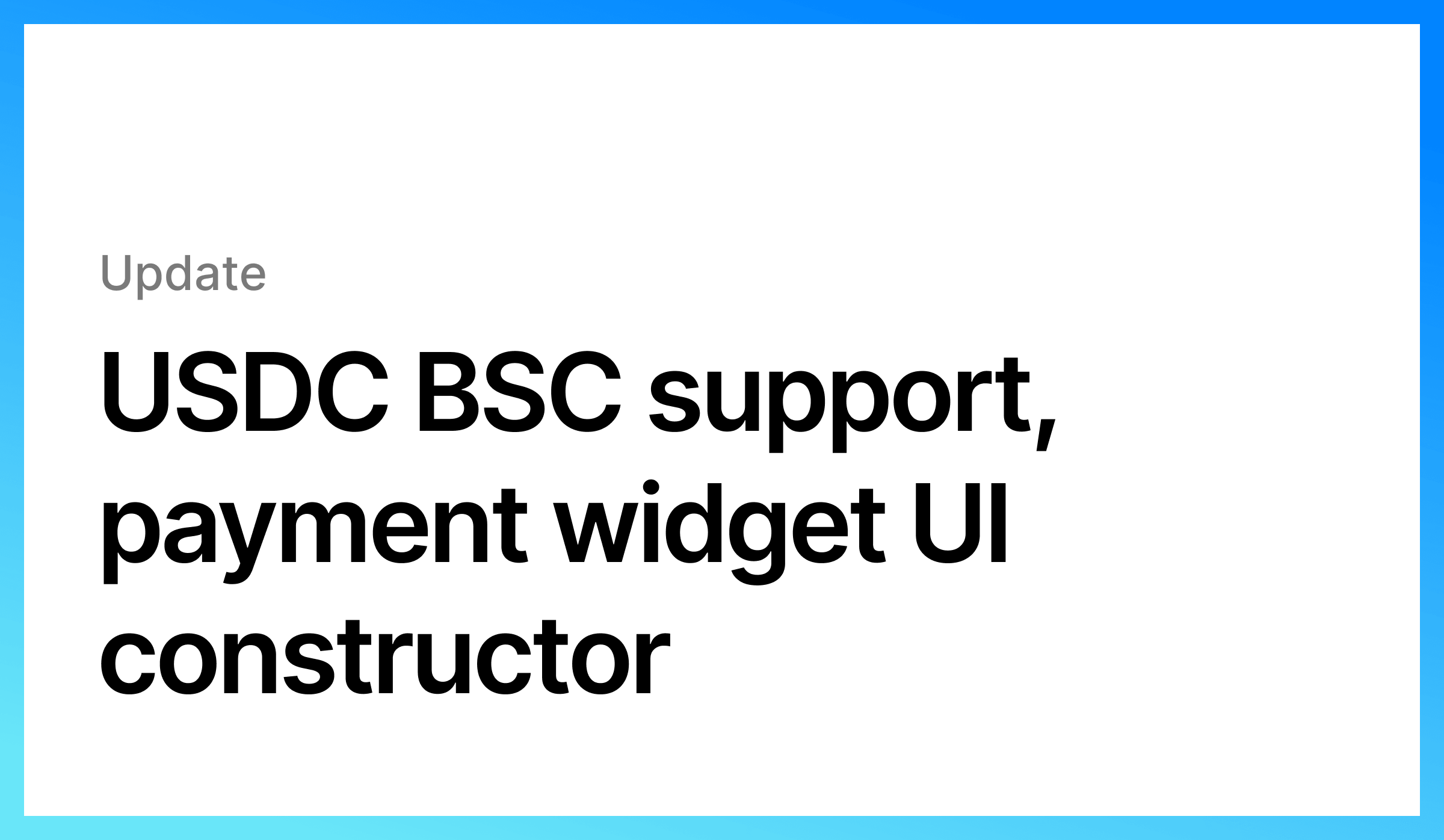Crypto in iGaming: Between Innovation and Regulation
Intro
As cryptocurrency continues to disrupt traditional industries, one of the most intriguing — and controversial — frontiers is iGaming. From instant cross-border payments to decentralized casinos run by smart contracts, crypto is reshaping how people bet, play, and win online. But with innovation comes uncertainty: regulatory gaps, compliance risks, and blurred lines between entertainment and finance. This article unpacks the complex intersection of crypto and online gambling — exploring where the industry is headed and what challenges lie ahead.
Understanding the terms: Gambling vs iGaming vs GameFi
To grasp how cryptocurrency fits into the online gambling ecosystem, we first need to separate three often-confused concepts:
Gambling refers broadly to wagering money on chance-based games like roulette or sports betting.
iGaming is gambling that takes place online — including poker rooms, sports betting sites, and digital casinos.
GameFi, on the other hand, involves blockchain-based games where players earn crypto or NFTs through gameplay, without traditional wagering. It's more about playing to earn than betting to win.
While iGaming is tightly tied to real-money risk and regulation, GameFi functions more like a decentralized entertainment economy.
A market on the Rise: size, growth, and segments
According to Grand view research, The iGaming market has nearly doubled since the pandemic, growing from $37 billion to over $70 billion in 2024. It’s expected to exceed $150 billion by 2030, with a CAGR of 11.7%.
We got the similar insight from Straits research: the global online gambling market was valued at $76.8B in 2024 and is expected to reach $198B by 2033 at a CAGR of 11.1%, driven by mobile adoption, AI, and crypto integration, with Europe leading, Asia-Pacific projected to hit $50B by 2030, and sports betting growing fastest at 12.5% CAGR.
Crypto gambling remains a smaller but rapidly expanding subset. Its market is estimated at $250 million in 2024. While this is modest compared to the overall iGaming space, interest has surged — for instance, Bitcoin casino searches quadrupled between 2019 and 2021, and crypto bet volumes grew 20%+ between 2022 and 2023.
The Rise of Decentralized Casinos
While most crypto casinos today are centralized platforms, decentralized casinos (like those built on Ethereum or Solana) are emerging. These use:
- Smart contracts for fairness (provably fair games)
- DAO governance to manage house rules
- On-chain payouts
These models reduce custodial risk and offer greater transparency, but legal clarity is still lacking. Regulatory bodies may struggle to assign liability in permissionless systems.
Betting with Crypto: top gamblers and coins
The typical crypto gambler is young, male, and tech-savvy, often overlapping with crypto traders and day traders. According to a YouGov survey:
- 62% of crypto-curious iGamers are aged 18–34
- 34% prioritize fast withdrawals
- 40% prefer not using bank accounts for gambling
These preferences align well with crypto’s strengths: privacy, speed, and independence from traditional financial systems.
The Top Crypto Betting Coins
Per the SOFTSWISS 2023 report:
- Bitcoin (BTC) accounted for 73.3% of all crypto gambling transactions
- Ethereum (ETH): 9.9%
- Dogecoin (DOGE): 3.1%
The average crypto bet is now nearly 2× higher than the average fiat bet — though recreational gamblers still make up the majority, with smaller, frequent wagers dominating the stats.
Regulation: a patchwork of approaches
Crypto iGaming is a regulatory gray zone in many countries, often governed indirectly by gambling or finance laws. Here’s a comparative overview:
- 🇬🇧 UK: Gambling is strictly regulated. Only 47.5% of crypto gambling sites operate with valid licenses.
- 🇺🇸 USA: The Unlawful Internet Gambling Enforcement Act (UIGEA) prohibits most online gambling, and crypto casinos remain unregulated.
- 🇦🇺 Australia: Interactive and crypto gambling are outright banned.
- 🇲🇹 Malta: Offers one of the friendliest licensing environments.
- 🇨🇼 Curaçao: Popular but criticized for lax KYC/AML enforcement; working on reforms in 2024.
Regulation is expected to tighten globally, especially in response to money laundering risks and consumer protection failures.
On-Ramp / Off-Ramp friction
A big regulatory flashpoint is how users convert fiat into crypto (on-ramps) and cash out their winnings (off-ramps).
- In many jurisdictions, crypto gambling itself is not explicitly illegal, but the act of funding or withdrawing from a casino may violate banking laws.
- AML screening often falls on crypto processors or exchanges, not the casinos.
This creates pressure for crypto payment processors to implement more robust transaction monitoring, risk scoring, and KYC compliance — especially when facilitating transactions with high-risk merchants like gambling sites.
AML risks and compliance
Crypto's pseudonymous nature poses unique AML challenges. Many crypto casinos lack proper KYC processes, raising concerns about:
- Money laundering
- Underground banking
- Cross-border transaction opacity
A 2022 UK review found that none of the surveyed crypto casinos conducted reliable identity checks. Efforts like Curaçao’s KYC reform in 2024 suggest pressure is growing for platforms to comply with international AML standards.
On the other hand, AML risks and compliance responsibilities are often handled by crypto payment processors themselves. If a casino or betting platform integrates a third-party crypto payment gateway solution, the AML checks — such as transaction monitoring, and risk scoring — are typically built into that infrastructure. This is because most licensed crypto processors are already regulated entities and must comply with strict AML/CTF standards. As a result, gambling platforms using these solutions effectively outsource part of their compliance burden, relying on the processor’s systems to ensure regulatory alignment.
Responsible iGaming: who's accountable?
Crypto’s promise of privacy and independence can conflict with the need for player protection. Responsible gambling typically includes:
- Deposit/bet limits
- Time-out features
- Self-exclusion tools
But most crypto casinos don’t enforce these well — and regulators are pushing for change. Stakeholders likely to bear responsibility include:
- Platform operators (via better tooling)
- Payment providers (via merchant screening)
- Regulators (via clearer standards).
Responsible gambling refers to practices that ensure gambling is conducted in a way that minimizes harm to individuals and communities. It focuses on player safety, promoting informed decision-making, and preventing addiction or negative consequences.
Key organizations working to support responsible gambling include:
- Responsible Gambling Council (RGC): A Canadian non-profit that provides research, training, and regulatory advice to promote safe gambling practices globally.
- Gambling Therapy: Offers support for individuals affected by gambling problems, including a helpline and resources for recovery.
- Gambling Commission (UK): A regulatory body that sets and enforces rules for gambling operators in the UK to ensure fair play and protect consumers.
These organizations work to create safer gambling environments by educating players, advising operators, and influencing regulations to prioritize public safety and harm prevention.
What’s next? Future predictions for crypto iGaming
Based on current trends and tech developments, here’s what to expect in the next 3–5 years:
- Advanced automation for payouts, loyalty systems, and dispute resolution using smart contracts
- CBDC integration, especially in jurisdictions pushing for public blockchains as regulated alternatives to crypto
- AI-powered personalization and fraud detection, improving both user experience and compliance
- Stronger on/off-ramp regulation, with KYC thresholds and volume tracking integrated into wallets and dApps
- More sophisticated AML scoring engines, especially by crypto payment processors working with gambling merchants
FAQ
What is the difference between iGaming, Gambling, and GameFi?
Gambling involves wagering money on games of chance. iGaming is online gambling, like poker or digital casinos. GameFi is blockchain-based gaming where players earn crypto, not gamble it.
How big is the crypto gambling market?
As of 2024, the crypto gambling market is estimated at $250 million. Though still small compared to the $70+ billion iGaming sector, it is growing rapidly.
What are decentralized crypto casinos?
Decentralized casinos are gambling platforms built on blockchain, using smart contracts and DAO governance. They aim for transparency but face unclear legal status.
Who typically gambles with crypto?
Most crypto gamblers are young, tech-savvy men aged 18–34. They value privacy, fast withdrawals, and independence from banks.
Which cryptocurrencies are used most in iGaming?
Bitcoin leads crypto gambling transactions, followed by Ethereum and Dogecoin. BTC accounts for over 70% of crypto bets.
Is crypto gambling legal?
Crypto gambling legality varies by country. Some regulate it strictly, others ban it, and many operate in a legal gray area.
What are the main regulatory concerns?
Authorities focus on money laundering, lack of KYC, and consumer protection. Regulation often targets on/off-ramp processes and payment providers.
How do crypto casinos handle AML compliance?
Some use licensed third-party crypto processors to handle KYC and transaction monitoring, reducing the platform’s direct compliance burden.
What is responsible crypto gambling?
It means implementing tools like deposit limits and self-exclusion to prevent harm. Many crypto platforms lag behind in enforcing these practices.
What’s the future of crypto in iGaming?
Expect more automation via smart contracts, AI-driven personalization, tighter regulations on fiat-crypto conversions, and expanded use of CBDCs.






